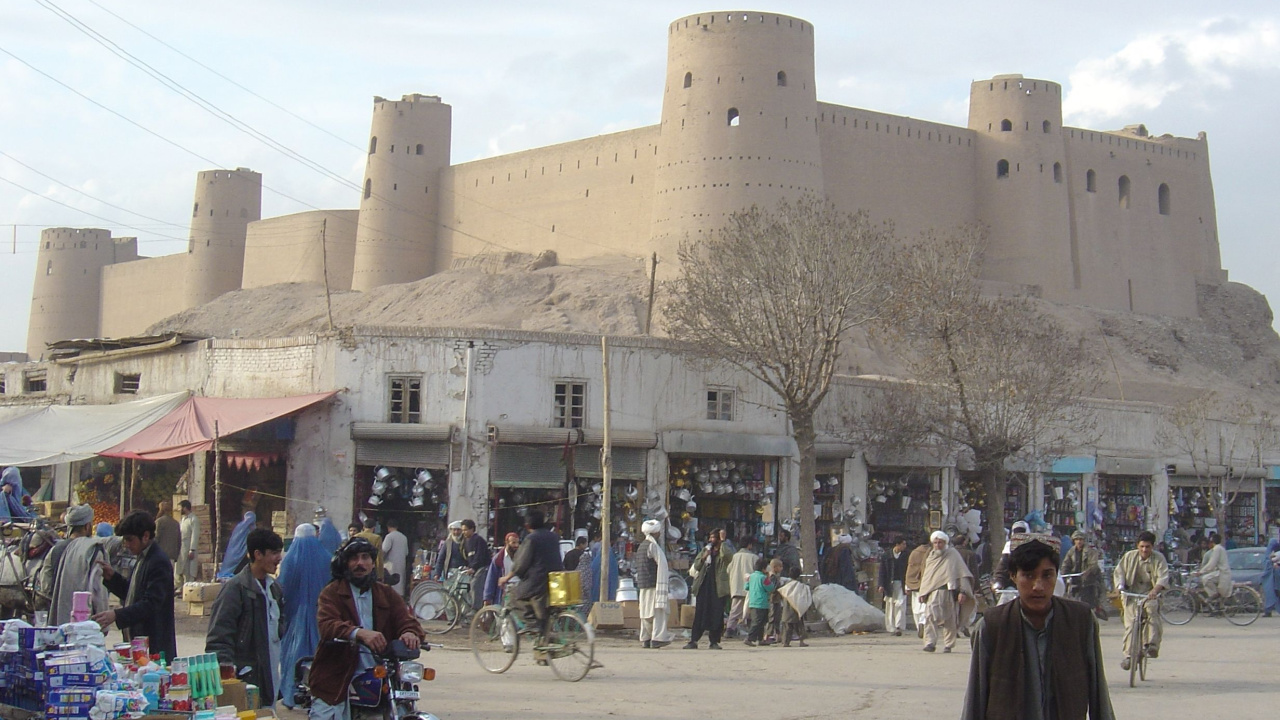by Lubomir Tassev
Law enforcement in Afghanistan has shut down over a dozen crypto exchanges in Herat, detaining the people who were running them. The offensive comes after the introduction of a ban on online foreign exchange that the Taliban seem to have applied to coin trading as well.
Afghan security forces have closed down a number of crypto exchanges in the western Herat province in the past week, the English-language Ariana News portal reported on Tuesday. At least 16 platforms trading digital currencies have been shut down, the outlet unveiled.
The report quotes the head of the counter-crime unit of the Herat police Sayed Shah Sa’adat who reminded that Da Afghanistan Bank (DAB), the country’s monetary authority, said in a notice that crypto trading had caused lots of problems, including scamming people. He also stated:
We acted and arrested all the exchangers involved in the business and closed their shops.
Ghulam Mohammad Suhrabi, who leads the Herat Money Exchangers’ Union, explained that Afghan companies open cryptocurrency accounts outside the country. “This currency is new in the market and has high fluctuation,” he noted.
The Afghan officials are probably referring to a statement by the central bank in Kabul which, according to a Bloomberg report from late June, declared that online forex trading is against Islam and banned it. Through a spokesman, the regulator warned that anyone engaging in this activity would face prosecution. The bank’s representative elaborated:
Da Afghanistan Bank considers online forex trading illegal and fraudulent, and there is no instruction in Islamic law to approve it. As a result, we have banned it.
In mid-July, DAB issued another statement reinforcing the order, according to Ariana News. The bank said that Afghans, especially in the capital city, were still trading despite the prohibition. The authority emphasized it had not licensed any person or company to trade online and those who continue to do so were breaking the law.
Following the return of the Taliban to power in Kabul, Afghanistan’s weak economy fell into an even deeper crisis. The U.S., which pulled out its forces in 2021, seized $10 billion of DAB’s assets and imposed sanctions.
Financial restrictions and the withdrawal of Western companies made it harder for the Afghan diaspora to send money home. As a result, many Afghans turned to crypto, which also helped them to preserve their savings and prevent potential seizure by the government.
Do you think Taliban-ruled Afghanistan will continue to crack down on crypto exchange platforms? Share your thoughts on the subject in the comments section below.
Lubomir Tassev is a journalist from tech-savvy Eastern Europe who likes Hitchens’s quote: “Being a writer is what I am, rather than what I do.” Besides crypto, blockchain and fintech, international politics and economics are two other sources of inspiration.
Image Credits: Shutterstock, Pixabay, Wiki Commons, Voyage View Media
Disclaimer: This article is for informational purposes only. It is not a direct offer or solicitation of an offer to buy or sell, or a recommendation or endorsement of any products, services, or companies. Bitcoin.com does not provide investment, tax, legal, or accounting advice. Neither the company nor the author is responsible, directly or indirectly, for any damage or loss caused or alleged to be caused by or in connection with the use of or reliance on any content, goods or services mentioned in this article.
Following a Brief Fee Spike, Gas Prices to Move Ethereum Drop 76% in 12 Days
Transaction fees on the Ethereum network are dropping again after average fees saw a brief spike on April 5 jumping to $43 per transfer. 12 days later, average ether fees are close to dropping below $10 per transaction and median-sized … read more.
Following a Brief Fee Spike, Gas Prices to Move Ethereum Drop 76% in 12 Days
Transaction fees on the Ethereum network are dropping again after average fees saw a brief spike on April 5 jumping to $43 per transfer. 12 days later, average ether fees are close to dropping below $10 per transaction and median-sized … read more.
Check all the news here
Author
Administraroot

